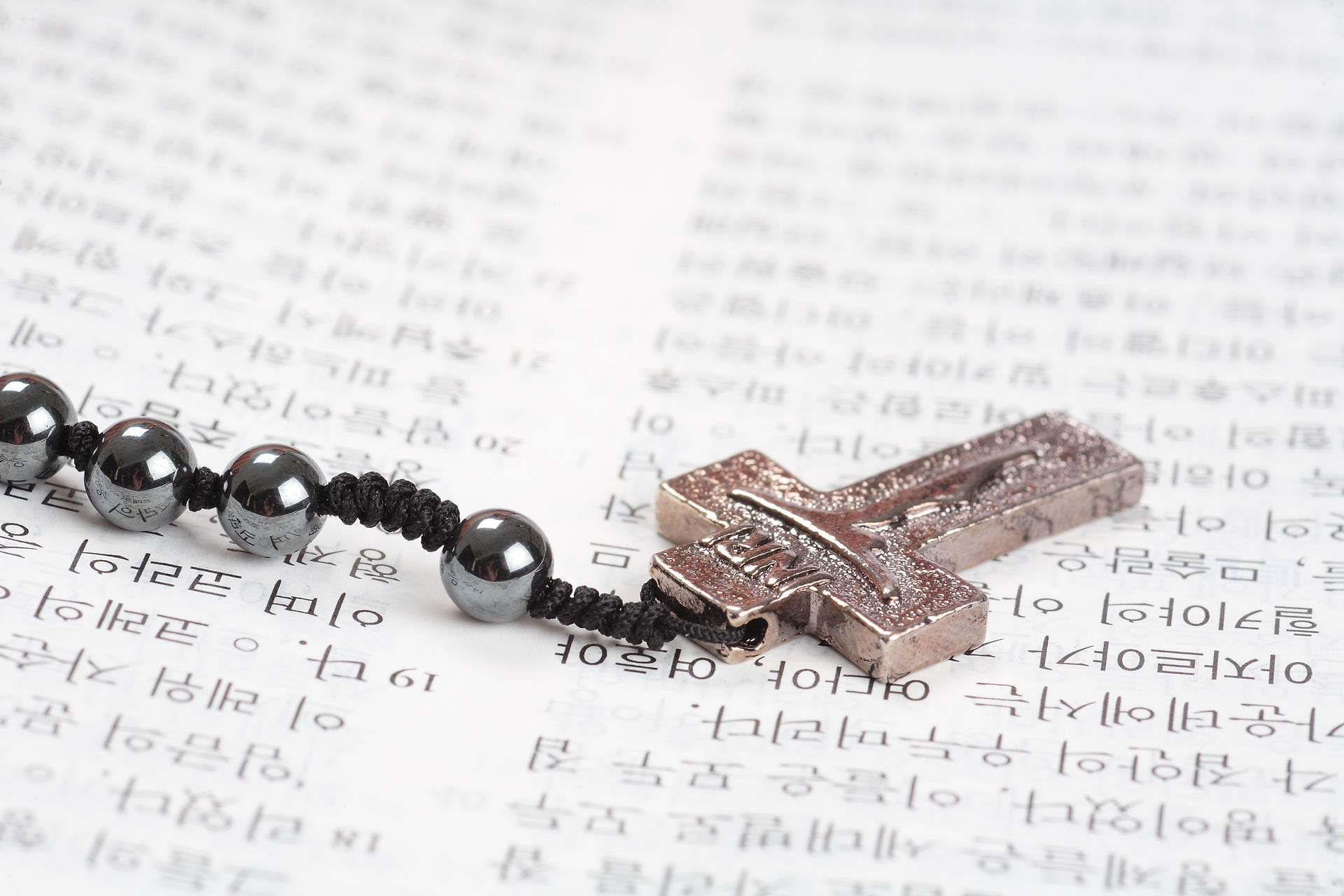
Blessings
Blessings are a very common practice in the liturgical life of Eastern Christians. The faithful are familiar with many blessings-food, houses, various objects such as crosses and medals, and even personal blessing. What do these blessings mean? Much of our thinking has its roots in pre-Christian times. For example, in primitive religions there was a strong idea of the “sacred” and the “profane’.’ Some places or objects were considered sacred or holy in themselves; the rest was “worldly” or “profane”. To bless, in this context, meant simply to transfer something from the realm of the “profane” to the “sacred”.
In a Christian view, however, this distinction between sacred and profane falls apart. For the whole world and all that is in it has been created by God; and he saw that it is all “good”. To bless something in this way of thinking means to acknowledge that it is truly “good” from God. It means that we see this blessed object as coming from God and as a sign of his presence among us. To bless means to see things as they really are, as all coming from God.
The blessing of fruit, water, etc., means that these objects become a visible sign of God’s presence in our lives. We can then “see beyond” the actual object to a whole new world of God’s kingdom. A blessed object leads us to see the world with new eyes, the whole world as God’s gift to us, the whole world as good.
The more familiar blessings celebrated by Eastern Christians are:
1. BLESSING OF THE WATER: This ceremony is carried out on the feast of Theophany [Epiphany at Jordan] in the church or by a river. The faithful take the holy Jordan water home for family use during illness, danger, family prayers, and other Christian rituals.
2. BLESSING OF THE HOMES: This is a service of great meaning to Christians. The Church especially prescribes a blessing for a new home. The walls are blessed with holy water, incense is used, the Scriptures are read, prayers are said, and some walls are anointed with oil. There is a difference between a house and a home. A material house has its importance only if it is a true Christian home. In a Christian Home, we start and end our day with a prayer and the chief joy is to think of a Christian home as a special entity, where love, consideration, respect, and honor reign supreme. Also, following the feast of Theophany [Epiphany], the priest visits the homes of parishioners and blesses them with holy water.
3. BLESSING OF THE CANDLES: Candles are blessed on the feast of the Meeting of our Lord with Simeon and Anne in the Temple. The faithful take the blessed candles home to light them before their icons, in times of storms, or when the priest visits the old and infirm with Holy Communion.
4. BLESSING OF THE WHEAT, WINE, AND OIL: This is called the Lytia – derived from the early Christian all-night prayers (agapes). This service is held on the eve of every major feast day. The following day after the Divine Liturgy, the faithful approach the priest who, standing before the royal doors of the iconostasis, anoints the foreheads of the faithful with the blessed oil and distributes the blessed bread.
5. BLESSING OF THE PUSSY WILLOWS: Bundles of pussy willows are blessed on Flowery Sunday (Palm Sunday). The faithful take the sprig of pussy willow to their homes and adorn an icon or cross with it. The pussy willow is the first tree to bloom in spring. It announces the beginning of a new season – new life. Christians associate the pussy willow with the feast of the Resurrection.
6. BLESSING OF THE GRAVES: Once a year on the earliest possible Sunday following Easter, the priest and faithful visit the cemetery where they pray at individual graves. The priest blesses each grave with holy water.
7. BLESSING OF FRUITS: This blessing takes place on the feast of the Transfiguration. An assortment of fruit is brought to the church and after being blessed by the priest with holy water, it is taken home to be shared by family members.
8. BLESSING OF FLOWERS: On the feast of the Dormition [Assumption of BVM], the faithful bring flowers to the church to be blessed by the priest.